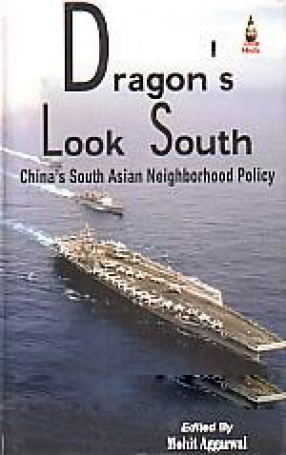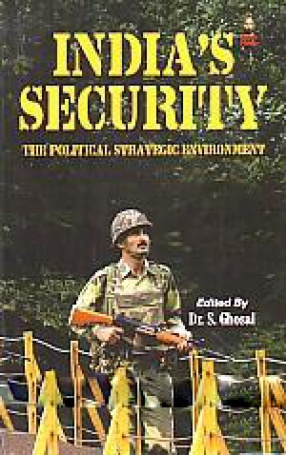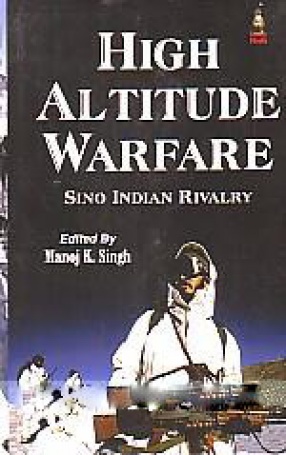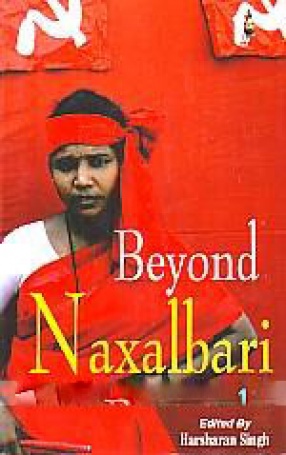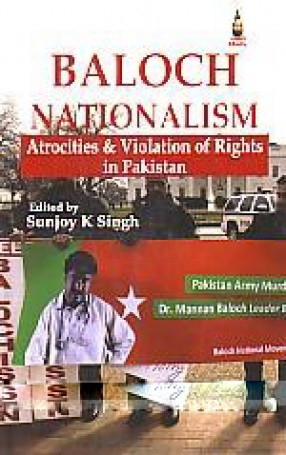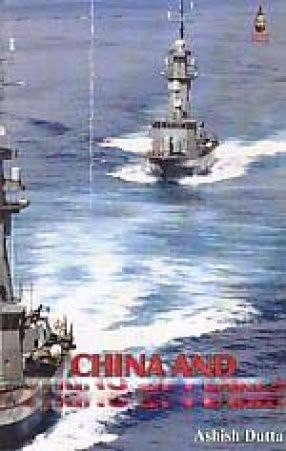
Lenin Media

94 books


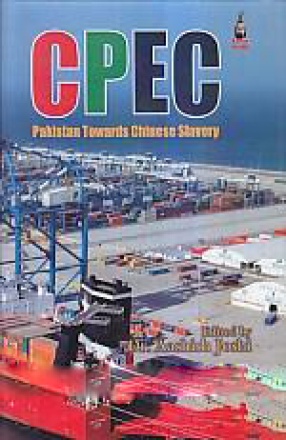
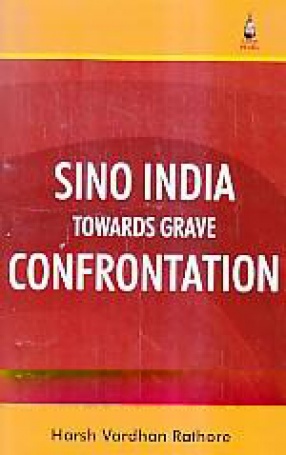
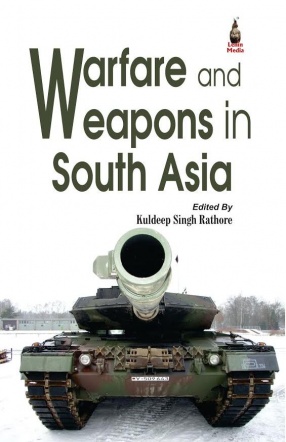
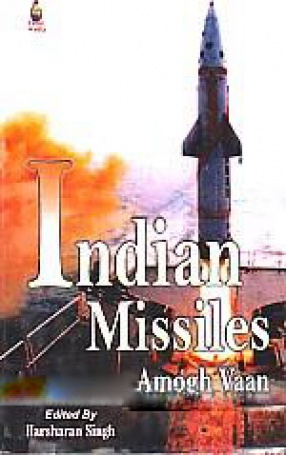
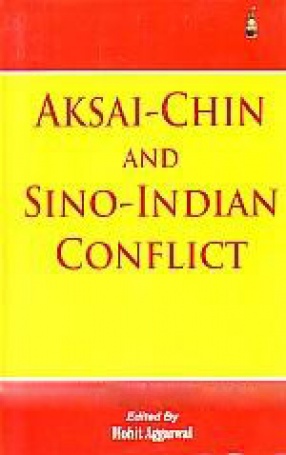
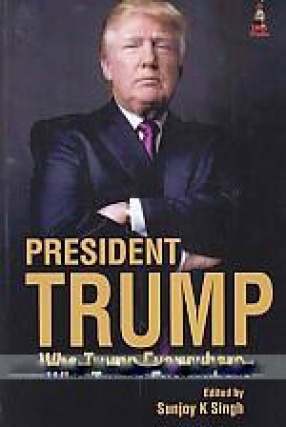
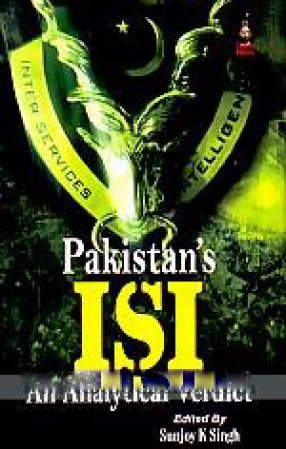





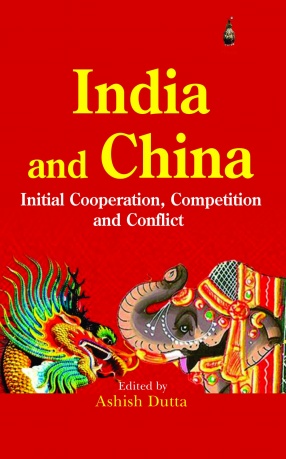
India and China share a long history of peaceful coexistence that goes back to the third millennium. Trade relations flourished through the famous "Silk Route". The advent of Buddhism in China saw further cementing of religious and cultural ties between the two great nations. China and India’s emergence as global powers is unprecedented in modern history. Sino-Indian bilateral relations are defined by a complex balance of competition and ...
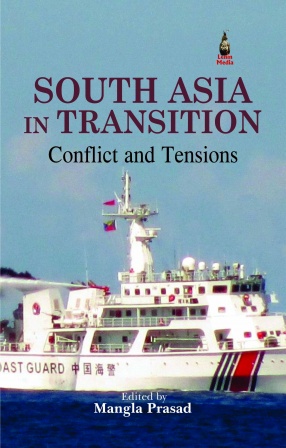
South Asia has numerous, long standing conflicts left over from history. In the last few years several other issues have been added to the portfolio of security issues. Economic development in South Asia is being threatened by burgeoning human security issues. Many security issues such as demography, economic security, environmental security, terrorism, etc., are issues requiring cooperation among countries of the region. Most states in South Asia are vulnerable ...

Nuclear warfare strategy is a way for either fighting or avoiding a nuclear war. The policy of trying to ward off a potential attack by a nuclear weapon from another country by threatening nuclear retaliation is known as the strategy of nuclear deterrence. Nuclear explosions produce both immediate and delayed destructive effects. Blast, thermal radiation, and prompt ionizing radiation cause significant destruction within seconds or minutes of a nuclear ...
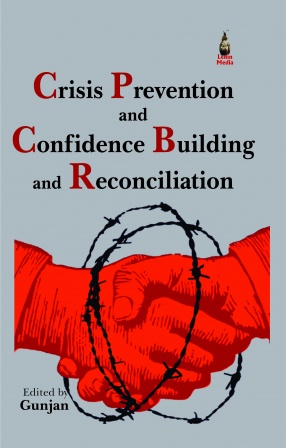
Peacebuilding in the context of humanitarian aid has gained wider recognition since the last decade. Where political will (at the national and international level) for a negotiated settlement of armed conflict is low, aid organisations are expected to fill the gap through their programming. In line with the political disinterest for resolution of conflict, humanitarian aid to Afghanistan has also become subject to political conditionalities. Relations between ...



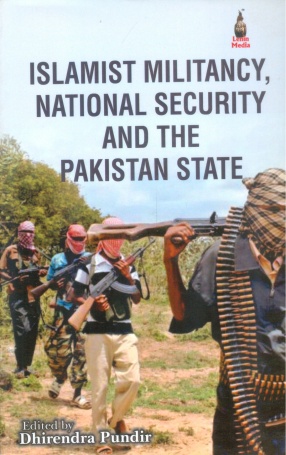
The military has monopoly over most important decisions of the atates. A part from being the guards in the external security of the nation, it is a well-accepted political institution. The Pakistani Army has the direct control over Pakistan 's nuclear program and foreign policy. The National Command Authority (NCA) was established by the former Chief of the Army Staff and President of Pakistan, General Pervez Musharraf, to assure the west that Pakistan 's nuclear ...
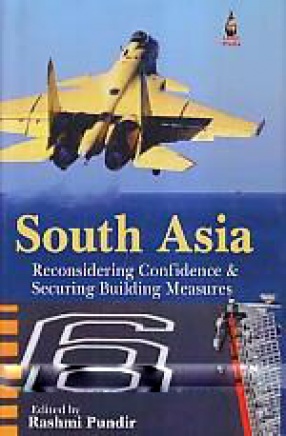
This book aims is reconsidering the roles and functions of various intermediate groups in South Asia during the pre-colonial period. It investigates how these groups were formed and developed in their respective historical contexts. It has been pointed out that in premodern South Asia there were various intermediate social groups enjoying a certain degree of autonomy and independence, such as villages, unions of villages, cities, merchant associations, religious ...
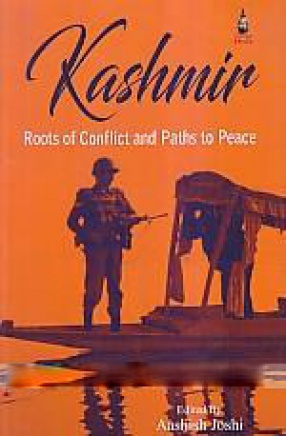
The Kashmir dispute dates from 1947. The partition of the Indian sub-continent along religious lines led to the formation of India and Pakistan. However, there remained the problem of over 650 states, run by princes, existing within the two newly independent countries. In theory, these princely states had the option of deciding which country to join, or of remaining independent. In practice, the restive population of each province proved decisive. The United ...


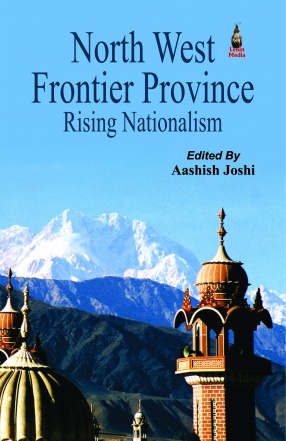
Their preservation and protection before they disappear forever. Khyber Pakhtunkhwa is one of the four provinces of Pakistan, located in the northwestern region of the country. It was formerly known as North-West Frontier Province (NWFP) and commonly called Sarhad, which in Urdu means “frontier.” Its provincial capital and largest city is Peshawar, followed by Mardan. It shares borders with the Federally Administered Tribal Areas to the west; ...
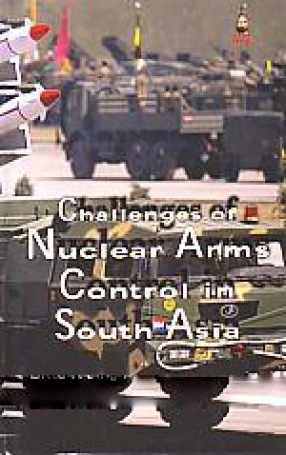
Arms control treaties and agreements are often seen as a way to avoid costly arms races which would prove counter productive to national aims and future peace. Some are used as ways to stop the spread of certain military technologies (such as nuclear weaponry or missile technology) in return for assurances to potential developers that they will not be victims of those technologies. The idea of nuclear arms control has hardly taken root in South Asia. The existing ...
